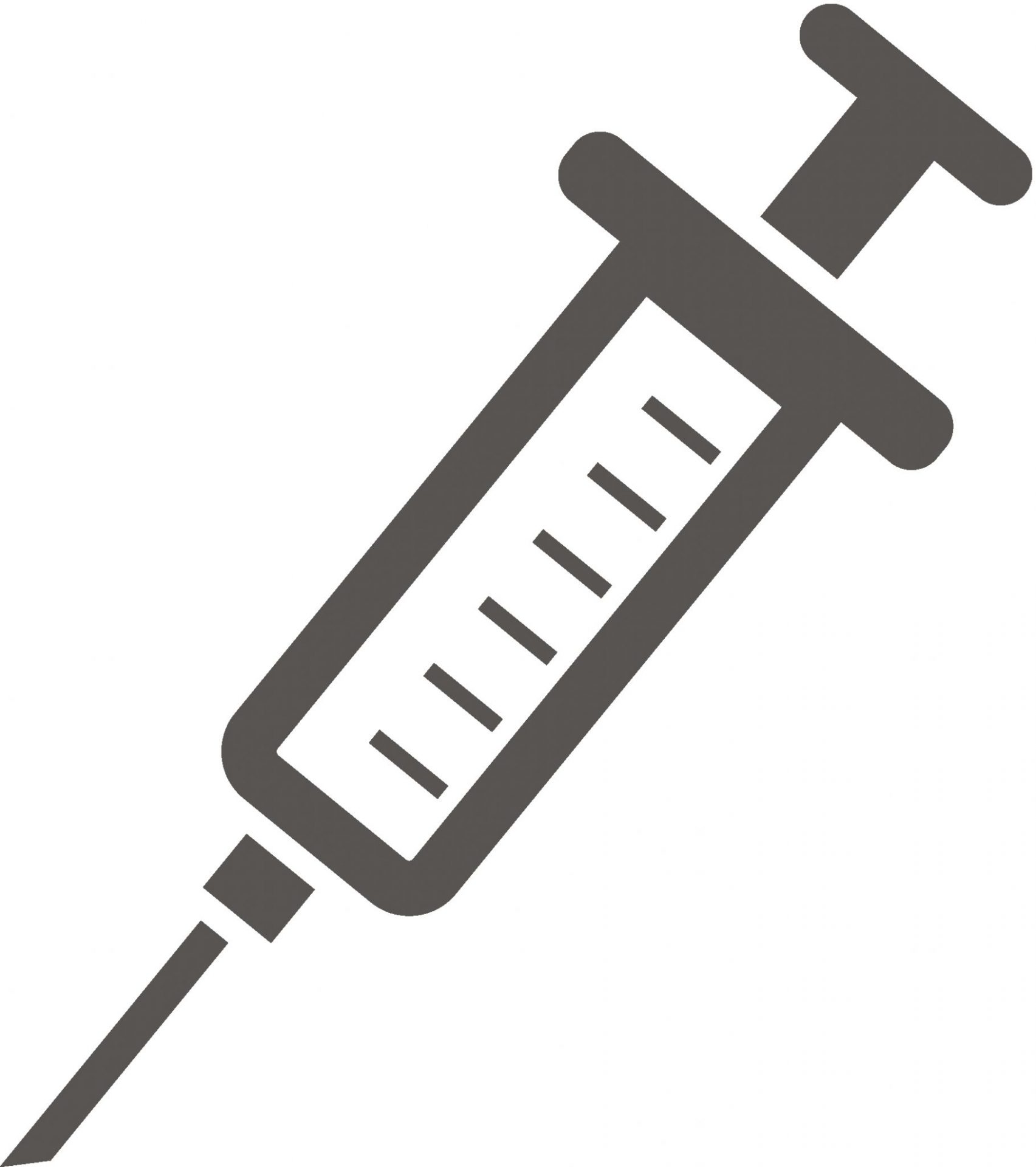Subcutaneous immunotherapy side effects

Subcutaneous immunotherapy involves having a series of injections. To begin with the injections are performed weekly and the dose of allergen extract is increased gradually with each injection. Upon reaching the maintenance dose, injections are performed less frequently, on a monthly basis.
A common side-effects of subcutaneous immunotherapy is swelling and discomfort at the site of the injection. Some patients initially experience exacerbation of allergic symptoms with each dose, however this can be controlled with antihistamine medication. Unlike sublingual immunotherapy which can be performed at home, all injections must be performed in a medical facility under medical supervision. Though serious reactions are uncommon, patients are required to remain in the medical facility for 30 minutes after each injection for monitoring.




